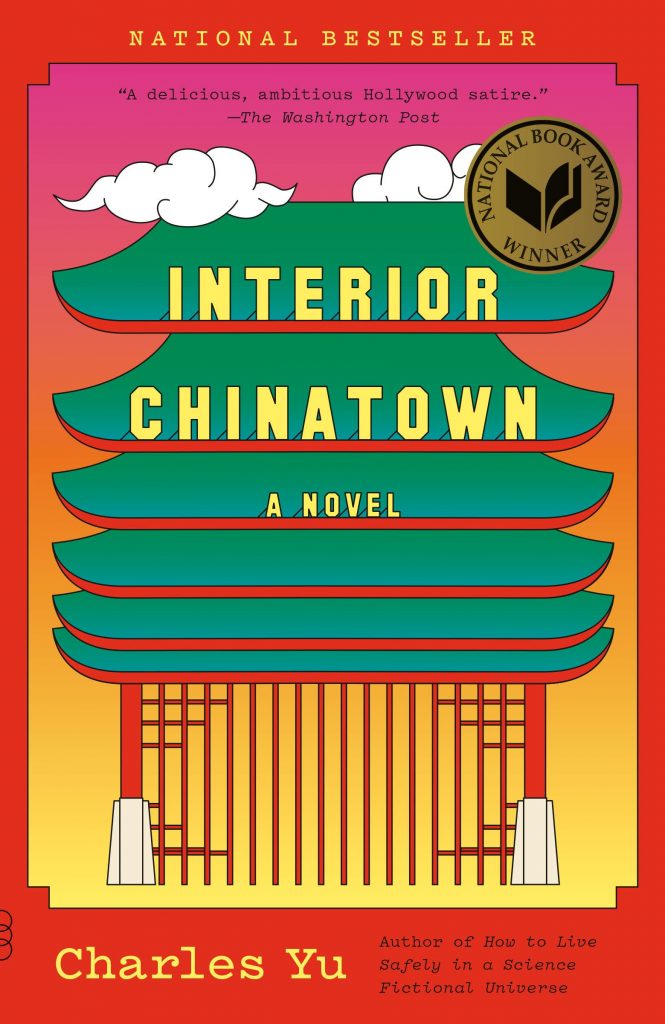AAPI stands for Asian American and Pacific Islander Heritage month, celebrated in America during May. Our editor Shivika gives her recommendations of books by AAPI authors to celebrate this month.
Asian American and Pacific Islander Heritage Month is observed by the United States to recognize the contributions and influence of Asian American and Pacific Islander Americans to the history, culture and achievements of the US.
This month is also a reminder of contributions that immigrants from different parts of the world make to the countries they immigrate to. Recognizing and celebrating the contributions of immigrants builds inclusivity and appreciation for those who travel to foreign shores and dedicate their talents to building and enriching their new country. Especially in the wake of violence against Asian Americans rising during the coronavirus pandemic, itÔÇÖs more important than ever to discuss kindness towards other people, all people.
Books are not only beautiful and well-written stories, but tools for inclusivity, education, and empathy building, as well. Here are my suggestions for some books written by Asian American authors to appreciate their tales and celebrate their contributions to literature.
Interior Chinatown by Charles Yu
From the infinitely inventive author of┬áHow to Live Safely in a Science Fictional Universe┬ácomes a deeply personal novel about race, pop culture, immigration, assimilation, and escaping the roles we are forced to play. Written in a screenplay format, Interior Chinatown narrates the story of Asian man who struggles with making sense of his identity which is often marginalized and dumped as a background character by Hollywood. It is a moving and daring tale for anyone who doesnÔÇÖt always feel like a protagonist in their own life.
Disorientation by Elaine Hsieh Chou 
After years of gruelling research, twenty-nine-year-old PhD student Ingrid Yang has nothing to show for her efforts except a junk food addiction and stomach pain. When she accidentally stumbles upon a curious note in the archives one afternoon, she convinces herself itÔÇÖs her ticket out of academic hell. But when her clumsy exploits to unravel the noteÔÇÖs message leads to an explosive discovery, it will upend not only her sheltered life within academia but her entire world beyond it. This uproarious and bighearted satire is a blistering send-up of privilege and power in America, and a profound reckoning of individual complicity and unspoken rage.
Not Quite Not White by Sharmila Sen 
Part memoir, part manifesto,┬áNot Quite Not White┬áis a searing appraisal of race and a path forward for the next not quite not white generation. The author of the book, Sharmila Sen, emigrated from India to the U.S at the young age of 12. The year was 1982, and everywhere she turned, she was asked to self-report her race ÔÇô on INS forms, at the doctorÔÇÖs office, in middle school. After her teen years trying to assimilate, she is forced to reckon with the hard questions: What does it mean to be white? Why does whiteness retain the magic cloak of invisibility, while other colours are made hypervisible? To what extent does whiteness figure into Americanness? This book is a witty and sharply honest story of discovering that not-whiteness can be the very thing that makes us American.







